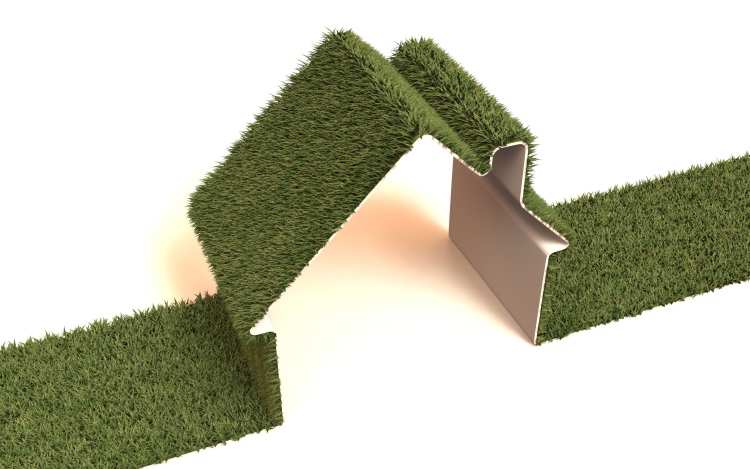The winter is already here, with its cold air, snow and huge demands on heating and electricity. Not only that the day is getting shorter, but the price of energy is skyrocketing. Fortunately, you can start right now to preserve natural resources and to cut down on your household’s energy consumption by using some simple tips. By making certain energy-efficient choices, you can now save a lot of money in the long run without giving up the comfort of your home.
Here are some easy-to-implement, free energy-saving habits and tips that will help you save a great amount of energy and will enable you to cut down on your electricity costs by up to 30%.
1. Always Turn Appliances Off When Not Using Them
Probably the simplest thing you can do is to remember to turn things off after you’ve done using them. The same goes for power. Turn off the light when you leave a room and you are not planning to return for the next few minutes. Turn off your computer or laptop when not using it. A desktop computer that is running twelve hours a day can make you take more than $100 out of your pocket on a yearly basis. A large LED screen or smart TV can make you spend even more, up to $400 a year.
That is why it is advised to make this important “switch off when done” habit a ground rule in your house and make sure everyone follows it.
2. Buy Energy Saving Appliances
Another smart thing you can do to reduce energy consumption is to purchase appliances that have a proper energy rating. The more stars an appliance has, the better. If it’s part of the Energy Efficient Trust, that’s even better. Energy Star is the best possible.
Follow this rule when buying any kind of appliances, including washing machines and fridges. Even though they might cost more money up front, they use less power and less detergent and water in case of washing machines. In the case of refrigerators, look for models that use a hydrocarbon, such as pentane or butane. Here is a good fridge buying guide you may use.
3. Take Control Of The Temperature Inside Your Home
During the cold winter months, set your thermostat to 65 degrees during daytime and 60 or less during the night. Additionally, set the thermostat of your water heater at a temperature of between 120 and 130 degrees. Another great method to reduce your household’s energy consumption is to use sunlight wisely. During the cold season, leave the blinds and shades open during the day, but close them at night to conserve the temperature.
4. Smart Lighting
Compact Fluorescent Lights (CFL) are probably the best lighting option you have in terms of energy saving. On the other hand, down lights penetrate your insulation and ceiling, leading to a huge amount of heat loss. You can also try LED bulbs as they reach full brightness almost instantly and use 80 percent less energy than standard bulbs.
5. Make The Most Out Of Rainwater
If you have a garden or a backyard, collected rainwater is simply ideal for meeting your watering needs. Install a rainwater tank and use the natural water for various other activities around the house.
In addition to rainwater, you can recycle grey water from washing machines, laundry and showers. Divert this water into the garden using a modern plumbed-in diverter and you will notice a reduction in your household’s overall energy consumption.
6. Try Some TV Tricks
Because your TV is one of those appliances that consume a lot of energy, and because you will use your TV for years to come, it is smart to buy an efficient TV. Every single TV carries an Energy Guide label. Study it and make sure it corresponds to your energy plans. An Energy Star logo means that the TV you are about to buy will save you a lot of energy and money during its lifetime.
If you choose to buy an ultra high definition TV or a 4K, making sure it is Energy Star compliant is a must if you want to cut down on your household’s energy consumption.
7. Leverage Green Energy
Lastly, to reduce your energy consumption at a minimum, you should start capitalising on green energy. This means you should start going green, or using energy from renewable sources, such as the wind, sun, water and waste power.




